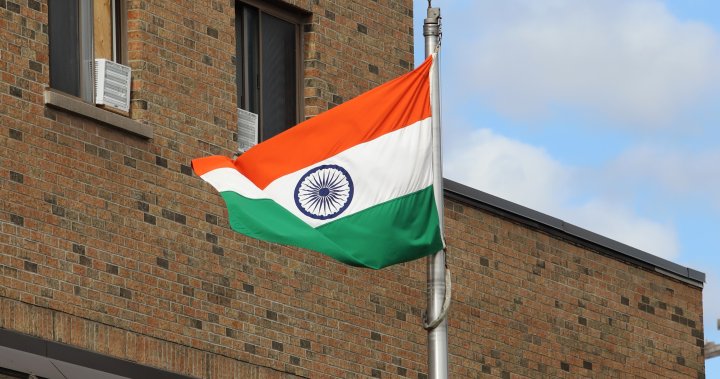India has at least 26 extradition requests pending with Canada, according to the South Asian nation’s foreign ministry. These requests date back over the past decade or more, indicating a longstanding issue between the two countries. Tensions have recently escalated as Ottawa has linked India to the murder of a Sikh separatist leader in Canada. In response, both countries have expelled each other’s diplomats, further straining bilateral relations.
The diplomatic row between India and Canada has reached a new low, with Ottawa accusing Indian agents of being behind violent crimes targeting opponents of the Narendra Modi government. According to sources, Indian agents working out of India’s high commission in Ottawa and consulates in Vancouver and Toronto have been implicated in a wave of shootings, killings, threats, arsons, and extortions in Canada. Most of the victims were supporters of the Khalistan movement, which seeks independence for India’s Sikh-majority Punjab region, while others were rivals of the government.
Canadian law enforcement is currently investigating the killing of Hardeep Singh Nijjar in Surrey, B.C., with alleged ties to Indian government agents. This incident highlights the extent of the reach and influence of these Indian agents within Canada, leading to concerns regarding their activities and impact on Canadian citizens. The role of Indian diplomats in facilitating criminal operations and violent activities in Canada has raised serious questions and prompted the Canadian government to take action against them.
The expulsions of Indian diplomats by Canada were part of a targeted campaign against Canadian citizens by agents linked to the government of India, as stated by Prime Minister Justin Trudeau. The government’s actions were aimed at disrupting the chain of operations that originate from Indian diplomats in Canada and lead to direct violent impacts on Canadians. This move marks a significant escalation in the ongoing diplomatic dispute between the two nations, with both sides taking measures to address the underlying issues and tensions that have arisen.
The revelations of Indian agents’ involvement in violent crimes across Canada have shed light on the extent of their activities and their impact on the local community. The victims of these crimes were primarily supporters of the Khalistan movement or individuals perceived as rivals of the Indian government. Canadian authorities are continuing to investigate these incidents and hold those responsible for criminal activities to account. The cross-border implications of these crimes have further complicated the diplomatic relations between India and Canada, drawing attention to the need for cooperation and communication to address shared challenges.
The extradition requests from India to Canada are indicative of the broader legal and diplomatic issues that have complicated relations between the two countries. The longstanding nature of these requests underscores the challenges in resolving legal matters related to extradition and international cooperation. As both nations navigate through the current diplomatic crisis, it remains to be seen how they will address the underlying issues and work towards improving their bilateral relations. Cooperation and dialogue are crucial in addressing the complexities of cross-border crimes and ensuring justice for the victims affected by such activities.


